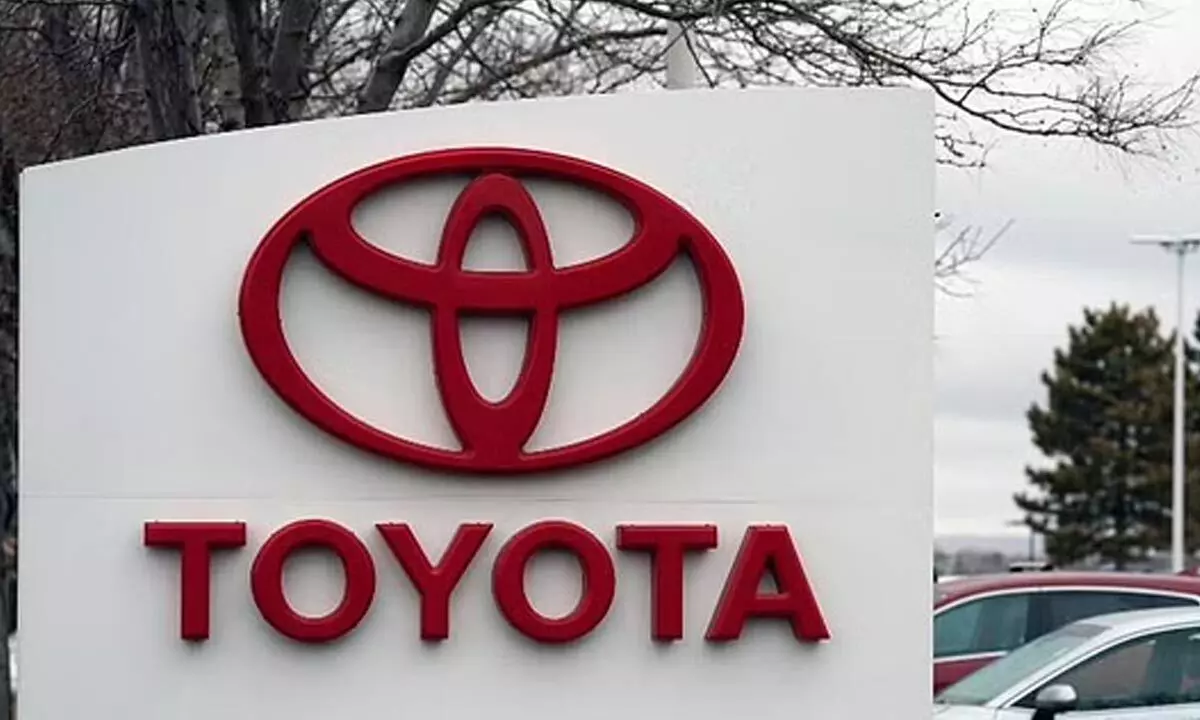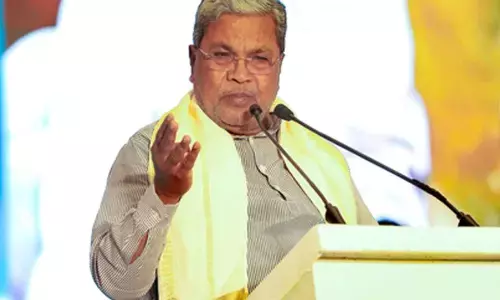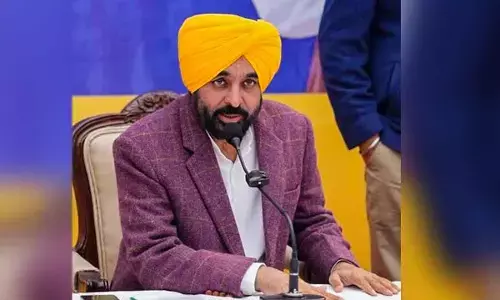Toyota, Lexus adopt Tesla's EV charging standard
Share :

Japanese automotive giant Toyota has reached an agreement with Elon Musk-run Tesla to adopt the North American Charging Standard (NACS) on its battery electric vehicles (BEVs) beginning in 2025.
San Francisco: Japanese automotive giant Toyota has reached an agreement with Elon Musk-run Tesla to adopt the North American Charging Standard (NACS) on its battery electric vehicles (BEVs) beginning in 2025.
Several EVs under its luxury brand Lexus will also feature the standard's charging ports.
Toyota and Lexus customers will have access to over 12,000 Tesla Superchargers in North America
"With NACS, customers will have access to more charging options, especially DC fast chargers, allowing greater confidence to travel to even more destinations," the automaker said.
Through the Toyota and Lexus apps, the company stated that customers will have access to an extensive charging network, comprising over 84,000 charging ports in North America, including level 2 and DC fast chargers.
BMW recently announced that it would adopt the standard for all of its EVs in the US and Canada.
General Motors (GM) and Ford announced a few months ago that the transition would begin in 2025, but owners will be able to access Tesla Superchargers with an adopter as early as next year.
Hyundai will use the port for its EVs in the US starting in 2024, with EVs in Canada following in 2025. Honda announced its transition to NACS in September, as well as its intention to sell vehicles with the port within two years.
European carmaker Volvo also signed an agreement with Tesla in June to provide current and future electric Volvo car drivers access to 12,000 Tesla’s vast Supercharger network across the US, Canada and Mexico.
In February, the US administration revealed new initiatives to install 5,00,000 electric vehicle chargers on US roads by 2030 under its $7.5 billion plan, and as part of it, Tesla has committed to opening up 7,500 of its charging stations to non-Tesla vehicles by the end of 2024.













